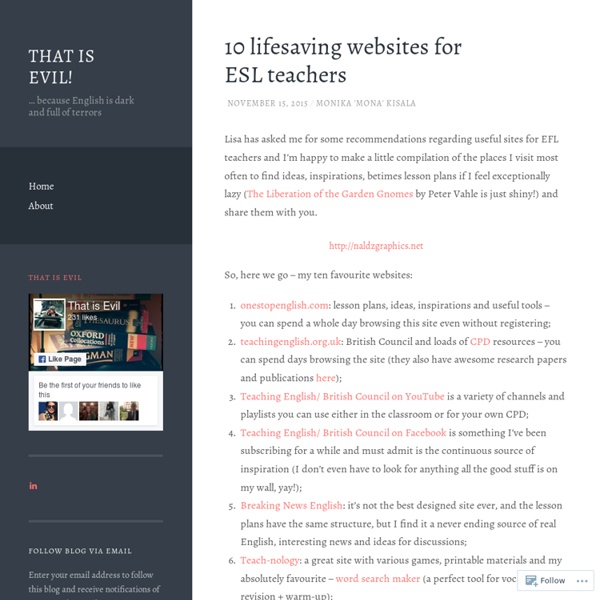4 Good Digital Storytelling Apps for Android
November 21, 2015 Digital storytelling is a great way to engage students in a wide range of multimodal learning activities where they get to practice key literacy skills. It is also an effective method in helping students express their own narratives in both written and verbal media. In today’s post we are introducing you to some good digital storytelling apps to use on Android-operated devices. For those of you using iPad, check out this resource instead. 1-Tellagami “A Gami can be an exciting tweet or status update.
25 Homophones That Most Spell-Checkers Won’t Catch - Grammarly Blog
Spell-checkers have come a long way since a West Coast beach boy with an FBI record invented the first prototype at MIT in the 1960s. Nowadays, the überhelpful technology is not only ubiquitous in all word processors, quietly creating more error-free writing around the world, it also exists online, where it can point out mistakes in real time while we write emails or post on social media. But while spell-checkers’ ability to catch slipups and understand context has evolved tremendously, most of these programs still struggle to identify homophones, those pesky words that sound the same but carry different meanings and, often, different spellings. While Grammarly has algorithms that will help you correct all of these common mix-ups, there’s no substitute for the old noggin. So next time you’re writing, be sure to put on your thinking cap and look out for these homophones that most spell checkers won’t catch. A while/Awhile
Video Lesson: Mr. Bean
Follow me on twitter This is a video lesson based around the video “Mr. Bean packs his suitcase” thanks to British Council for bringing it to my attention in their lesson plan on making predictions but I’ve adapted it for use in different ways with different levels. Kids and lower levels
Educational Technology and Mobile Learning: 5 Great YouTube Channels for Lear...
September 2 , 2015 Youtube is undoubtedly a great source of educational content to use in class with your students. It also hosts tons of channels that provide instructional tutorials specifically tailored for different learning needs and styles. We have already reviewed some of these channels in previous posts and today we are sharing with you some of our favourite YouTube channels for learning English.
10 Websites for English Language Students
A few years ago I wrote a blog post about 10 Websites for English Language Teachers. At the time it seemed to be quite popular with readers but it suddenly dawned that I did not write about any websites which would be best suited for learners of English. So read on to find out the 10 websites which I recommend for learners of English.
52 Of The Best Apps For Your Classroom In 2015
52 Of The Best Apps For Your Classroom In 2015 by TeachThought Staff This post was sponsored by CK-12, a non-profit foundation that creates and aggregates high quality curated STEM content. What are the best apps for your classroom? The best little bits of software to use tomorrow, in your school, to make your classroom go? This is, strangely, not a frequent topic for us.
Are you a Good Language Learner?
In this post-method era, when so many approaches and methods to language teaching have come and gone, where reflective teachers are no longer thinking in terms of which ‘label’ to follow or which apostle to bow to, it has become more and more evident that TEFL needs to stop contemplating its own navel and turn to general education theories and principles of learning, to reflect on thinking skills, cognitive abilities and the learners’ emotional make up, to embrace technology as a tool and not as the panacea for all ills. In this context, good learner studies conducted in the late 70’s and 80’s have become much more relevant and worth revisiting. Many of the studies were conducted in Canada, with notable names and studies listed below in a sample bibliography. photo taken by Marisa Constantinides at CELT Athens
How to learn a foreign language on a budget
While the benefits that come from learning a second language may in theory be priceless, many are put off by visions of shelling out huge amounts on expensive resources, tuition or immersion courses. The good news is that is it actually possible to learn on a budget. Here are a few tips for spending less and learning more: Start online
20 Websites To Help You Learn A New Language
Although there are endless resources to learn languages on the web, it is often difficult to find quality websites that offer structured lesson plans. Here is a list of 20 links that I would trust when I learn new languages. Hope you find them useful too! 1. Duolingo – Duolingo offers six languages with grammar and vocabulary lessons.



